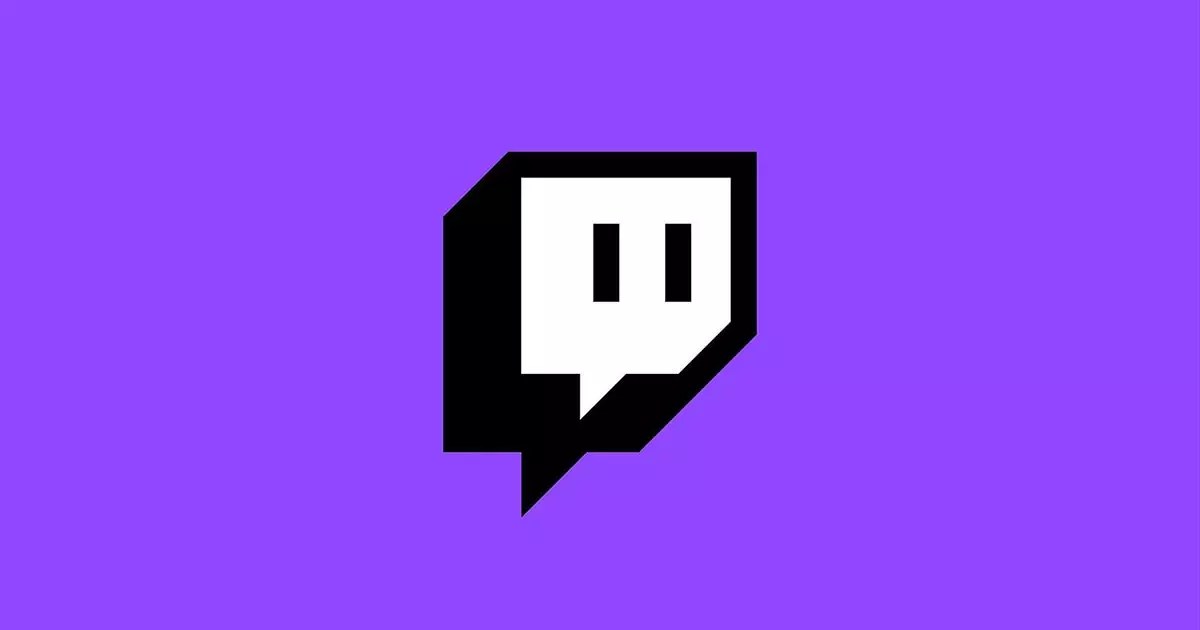The intersection of social media platforms and controversial speech has continually sparked heated debates, especially when it involves hate speech versus free speech. Recently, Twitch temporarily suspended popular streamer Zack Hoyt, known as Asmongold, following his incendiary remarks regarding the Israel-Palestine conflict. His comments not only sparked outrage but also cast a revealing spotlight on the platform’s policy enforcement, raising important questions about accountability and the limits of acceptable discourse in digital spaces.
In October 2023, a surge of violence escalated in the Israel-Palestine conflict when Hamas attacked Israel, resulting in substantial casualties on both sides. The subsequent Israeli response has drawn international condemnation, including accusations of human rights violations and potential war crimes. In this charged atmosphere, Asmongold expressed controversial opinions on his Twitch stream that many deemed genocidal and racist toward Palestinians. His comments included denigrating remarks about Islam and Palestinian culture, which led to widespread calls for accountability and moderation from Twitch.
Twitch has long positioned itself as a platform fostering community engagement and free expression; however, it operates within a complex framework of community guidelines. These guidelines explicitly prohibit hateful speech directed at individuals based on race, religion, and other protected categories. Asmongold’s sentiment, framed within these guidelines, undeniably presents a conflict. It raises a critical question: To what extent should platforms like Twitch enforce their guidelines, especially when the statements in question come from influencers with substantial followings?
In light of Asmongold’s massive audience, his comments not only reflect personal beliefs but also risk influencing a significant number of viewers. Twitch’s response—a mere two-week suspension—seems inadequate in light of the harmful narratives perpetuated in Asmongold’s statements. Some critics argue that a more substantial response is warranted, given the potential for his sentiment to incite further division and hostility.
The dichotomy between hate speech and free speech is an age-old debate, particularly vital in today’s polarized climate. Asmongold’s case exemplifies the complexities inherent in these discussions. On one hand, individuals have the right to express their views and opinions, even if they are unpopular or offensive. On the other hand, platforms must protect their user base from harmful rhetoric that could foster violence or discrimination. The fine line becomes blurred when popular figures leverage their platforms, leading to real-world consequences.
Asmongold’s comments sparked an apology, but the damage had already been done. His assertion that Palestinians have “genocidal tendencies” embedded in their culture reflects deep-seated prejudice and reinforces harmful stereotypes. This kind of rhetoric contributes to a broader culture of dehumanization, where entire groups are vilified based on the actions of a few. Such attitudes can serve as a justification for violence, an observation made by commentators who link reported spikes in hate crimes to similar language used in public discourse.
While Twitch’s suspension of Asmongold highlighted the consequences of hate speech, it also showcased the limitations of the platform’s accountability measures. Two weeks seems insufficient to address the potential damage caused by inflammatory remarks. This raises concerns regarding Twitch’s ability to uphold a standard of community decency and protect users from harmful content.
Furthermore, it brings to light a systemic issue on platforms like Twitch: the often lenient treatment of influential streamers compared to lesser-known users. Major platforms frequently appear to prioritize audience engagement and profit over moral responsibility, leading to uneven enforcement of community guidelines. This inconsistency undermines the credibility of these platforms as safe spaces for all users.
The controversy surrounding Asmongold’s comments and Twitch’s response are emblematic of a broader struggle within digital communities. As society grapples with the complexities of free expression and responsible discourse, platforms must reevaluate and adapt their policies to create a safer and more inclusive environment. The responsibility lies with both the platform and the individual user to cultivate respectful and constructive dialogue. Only through accountability and transparency can we begin to navigate these challenging conversations while ensuring that platforms foster understanding rather than division. As the digital landscape continues to evolve, so too must our approach to managing the narratives that shape it.


Leave a Reply